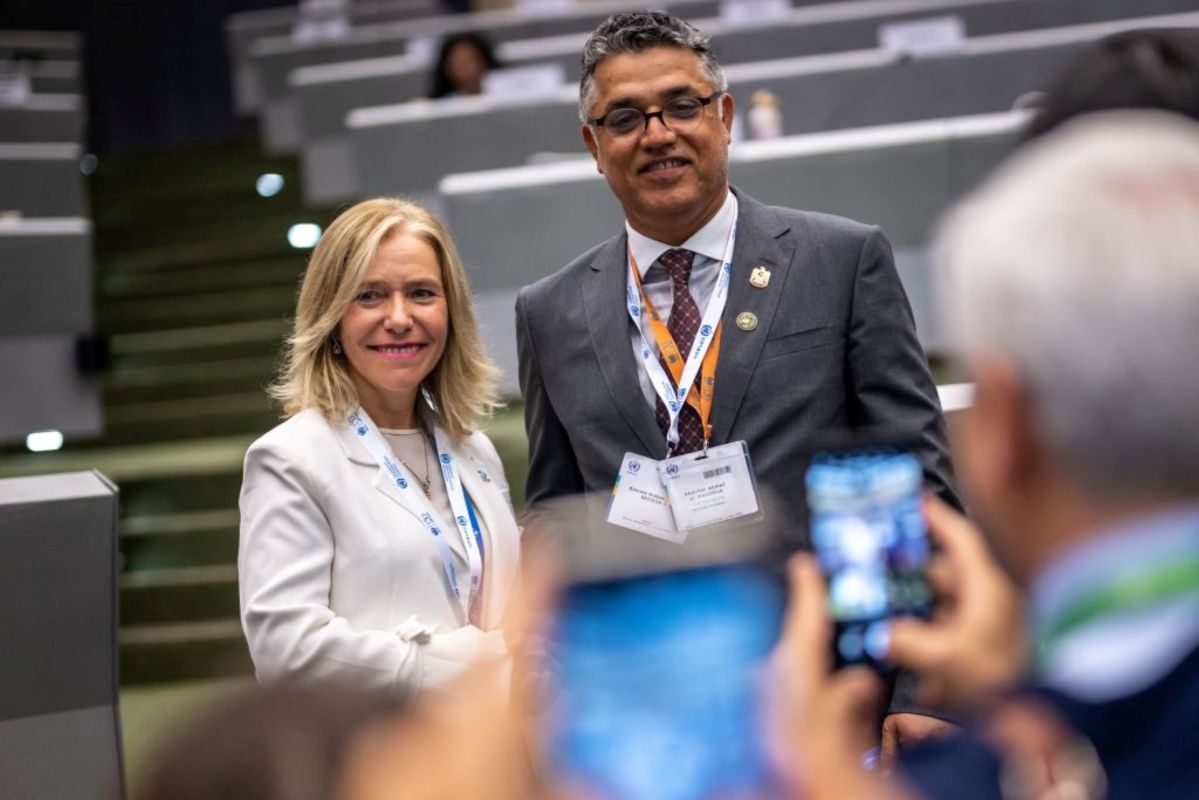The United Nations has appointed a new head of its World Meteorological Organization, which is "responsible for promoting international cooperation in atmospheric science and meteorology," according to the agency website.
Professor Celeste Saulo, who is from Argentina, began her tenure by saying that her key priority will be strengthening early warning systems for extreme weather events.
"We stand at the intersection of inequality and climate change, and our strategies must reflect the urgency of the times," said Saulo, who is the WMO's first female secretary-general, as reported by the Associated Press.
"Adapting to climate change is not a choice but an essential necessity. It is about building resilient communities, especially in the most vulnerable regions, capable of resisting to and recovering from climate-related disasters," she added.
Extreme weather events — including floods, wildfires, hurricanes, and droughts — have become more frequent as a result of human-caused pollution, and Saulo acknowledged that the places most affected by these events need to have life-saving warning systems in place.
In Bangladesh last year, the local government was able to move more than 700,000 people to shelters and makeshift facilities before a powerful cyclone struck, likely saving many lives.
In Australia, a team of researchers recently developed a system called Ethos (Extreme Heat and Older Persons) that warns senior citizens when the temperature is at a dangerous level.
In 2022, the U.N. announced its intention to ensure every person had access to early weather warning systems within five years, and Saulo's aim seems to be to see that goal through.
"One-third of the world's people, mainly in least-developed countries and small island developing states, are still not covered by early warning systems," U.N. Secretary-General Antonio Guterres said at the time, per the AP. "In Africa, it is even worse: 60% of people lack coverage."
In collaboration with other organizations, Saulo identified 30 less developed countries, including Guyana and Haiti, that are more at risk.
"Coming from Argentina, professor Saulo will be acutely aware of the fact that the global south is the worst affected by climate change," Friederike Otto, a climate scientist at the Grantham Institute at Imperial College London, told the AP.
"By addressing this scientific shortfall, enabling global South countries to record and share data, the WMO can help vulnerable communities prepare for life on a warmer, harsher planet," Otto added.
Join our free newsletter for cool news and actionable info that makes it easy to help yourself while helping the planet.









